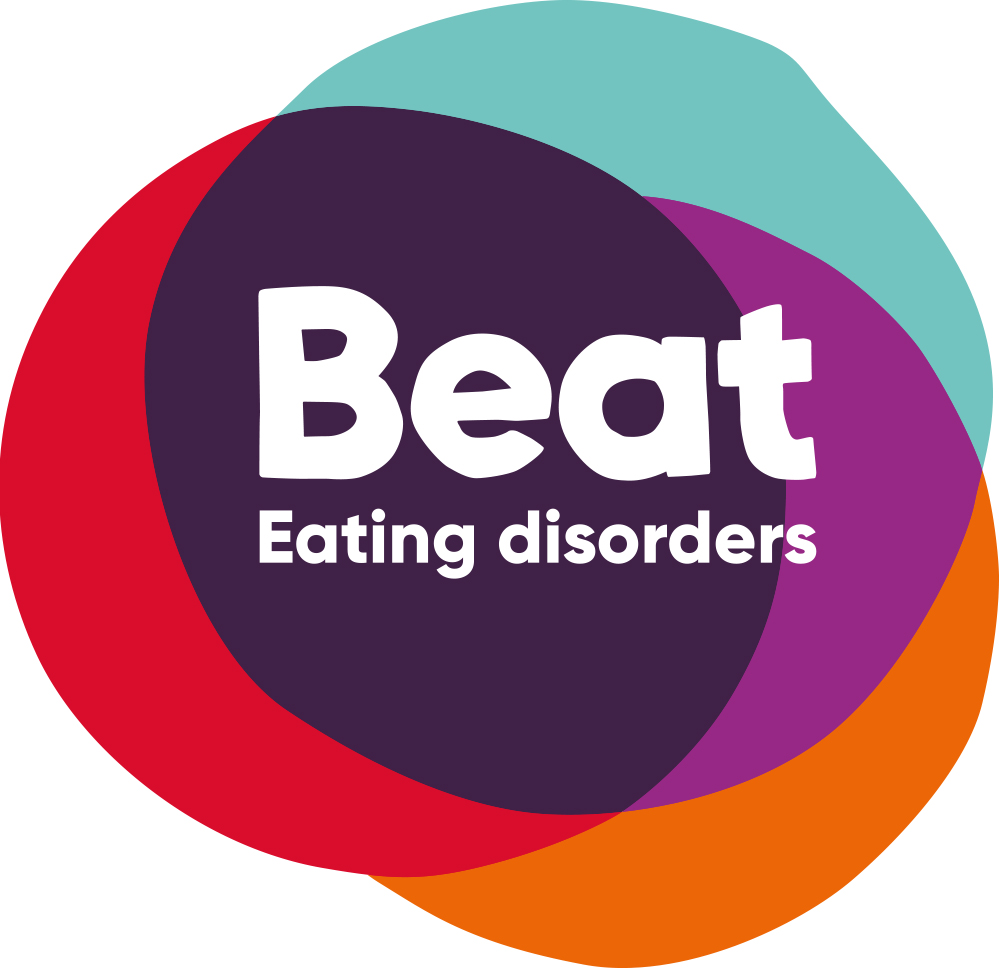Help and Treatment
PROVIDED BY

Eating Disorders are Treatable
It’s usually very difficult for people with eating disorders to get better on their own, so it’s important that you or the person you know finds professional help and support as soon as possible. The sooner someone is treated for an eating disorder, the better their chance of making a full recovery.
We know that gaining access to treatment isn’t always as straightforward as we would like it to be, and you might find that you’re faced with a wait before getting NHS treatment. In these instances, do remember the support services on offer through Beat. You could access our support groups online, contact our Helpline, open 365 days a year, or use HelpFinder, our online directory, to search for services near to you, including private treatment.
Where to Get Help
The first port of call when looking for help is your GP. It is an incredibly brave thing to speak out and ask for support, and if it’s something you’re anxious about, you can speak to our Helpline about your worries. You could also talk to a friend, a family member, or someone at school, university or work. You could ask them to visit the GP with you if you are worried about going on your own. You can read more about telling someone you have an eating disorder here. Your GP (and sometimes other members of the primary care team, like your practice nurse) will play an important part in this first step of identifying your eating disorder. If your GP suspects you have an eating disorder, they should refer you immediately for further assessment or treatment by a specialist eating disorder service. The NICE guidelines for eating disorders, which are based on the best available evidence and which your doctor should take into account while making decisions about your treatment, is very clear that immediate referral is the best course of action. Our First Steps leaflet, which you can download from our resources section, will give you guidance on getting a referral.
If your GP doesn’t refer you straight away, please don’t see this as a sign that you don’t deserve treatment. Keep trying – you can ask to see a different GP if your first visit doesn’t go as you might hope.
What will happen at the appointment?
At the appointment, your GP may look at your weight for your age and monitor significant weight changes, ask about concerns you have over your weight or body shape, talk about eating disorder behaviours, and might also take some blood for testing. They should look at the psychological factors of your illness, not just focus on physical signs. If you’re supporting someone else as they get treatment, the GP should listen to your concerns as well. This might include how the eating disorder is impacting your mental health, and the support that you might need.
It can be frightening, but try to be as open with the doctor about how you are feeling and the impact your eating difficulties are having on you. If you feel nervous about what might happen during the appointment you can talk to your doctor about this at the start. You might find it helpful to write down the points you would like to talk about before your appointment, and any questions that you might have. You can also ask someone you trust to come along with you to the appointment. You can still ask to speak to the GP alone for parts of the appointment. Anything a patient tells their doctor remains confidential, unless:
They are under 16 and not considered able to make decisions about their own treatment.
They refuse treatment for a life-threatening illness.
Remember, you should get treatment as quickly as possible. You might find it useful to take a look at the NICE guidelines, which provide clinical information about eating disorders and how they should be treated. They outline the best practice that healthcare professionals should follow when treating eating disorders.
What Happens Next?
Once you’ve been referred, an expert can assess your needs and decide on the best treatment plan for you. Your symptoms and diagnosis will affect the kind of treatment you’re offered, and your treatment should account for other mental and physical health conditions that you may have as well. There are many different treatment pathways, and not every type of treatment will work for everyone. If you don’t feel that the treatment you’re trying is working for you, discuss this with your care team.
